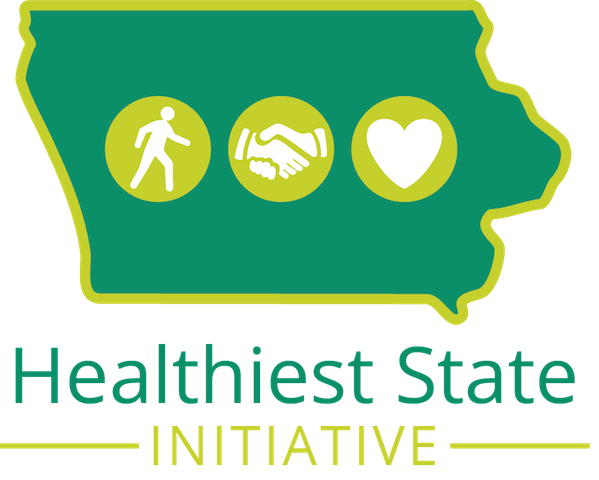Anne’s Story
Throughout her adult life, Anne Harris Carter chalked up her cyclical changes in mood to a severe case of PMS (premenstrual syndrome). Each month she would go through a period of feeling down but didn’t think it was depression because eventually her mood would lift.
It wasn’t until 2008, during a time where Harris was dealing with significant personal and professional change, that she knew she needed to seek help.
“It got to a point where I was weepy at work for months,” said Carter. “It was one of those days when I had to close the door. I was crying and I knew something was not right.”
Carter reached out to a family member who encouraged her to see a doctor immediately. She was diagnosed with Bipolar Type II, a mental illness with moods that cycle between depression and hypomania. Bipolar II can look like depression and can sometimes be misdiagnosed as depression but the treatment is different. Treating bipolar with antidepressants alone can actually trigger manic or hypomanic episodes.
Carter, age 57, manages her mental illness with a combination of medication, therapy and family support. However, it took her nearly 10 years before she was ready to talk openly about her diagnosis.
“For me, even the fear of stigma was crippling. It led me to isolate myself and hide. I was always modifying my behavior to hide how I was really feeling,” said Carter. “Learning how to share my story is just another dimension of my journey.”
She recalls feeling a surge of support after speaking about her diagnosis during a women’s conference at her Cedar Rapids church. People of all ages approached her and thanked her for sharing her story.
“Just helping one person is worth it,” said Carter. “Now I feel like I can go to church and be myself and not feel like I have to hide.”
Carter tries to normalize her mental illness in other areas of her life as well. She talks to her family about how she’s feeling in real-time so they are better able to support her. Even her granddaughter knows when Grammy has a therapy appointment.
“Chances are you probably know someone who deals with mental illness. Take time to ask your friends how they are doing, ... You might not know what to say. You might even say the wrong thing. But a genuine attitude goes a long way.”
she encouraged colleagues to “be comfortable with being uncomfortable.” She thinks the same lesson applies to talking about mental health.
“Chances are you probably know someone who deals with mental illness. Take time to ask your friends how they are doing,” Carter said. “You might not know what to say. You might even say the wrong thing. But a genuine attitude goes a long way.”
Carter hopes that one day it is not only easier for people to self-identify that they’re dealing with a mental illness, but that it’s also easier to get treatment. She knows it can be difficult to navigate providers or find the right medication, but Carter encourages anyone who is thinking about getting help to “just do it.”
“It can be hard to find the right fit, but it’s worth the effort.”



